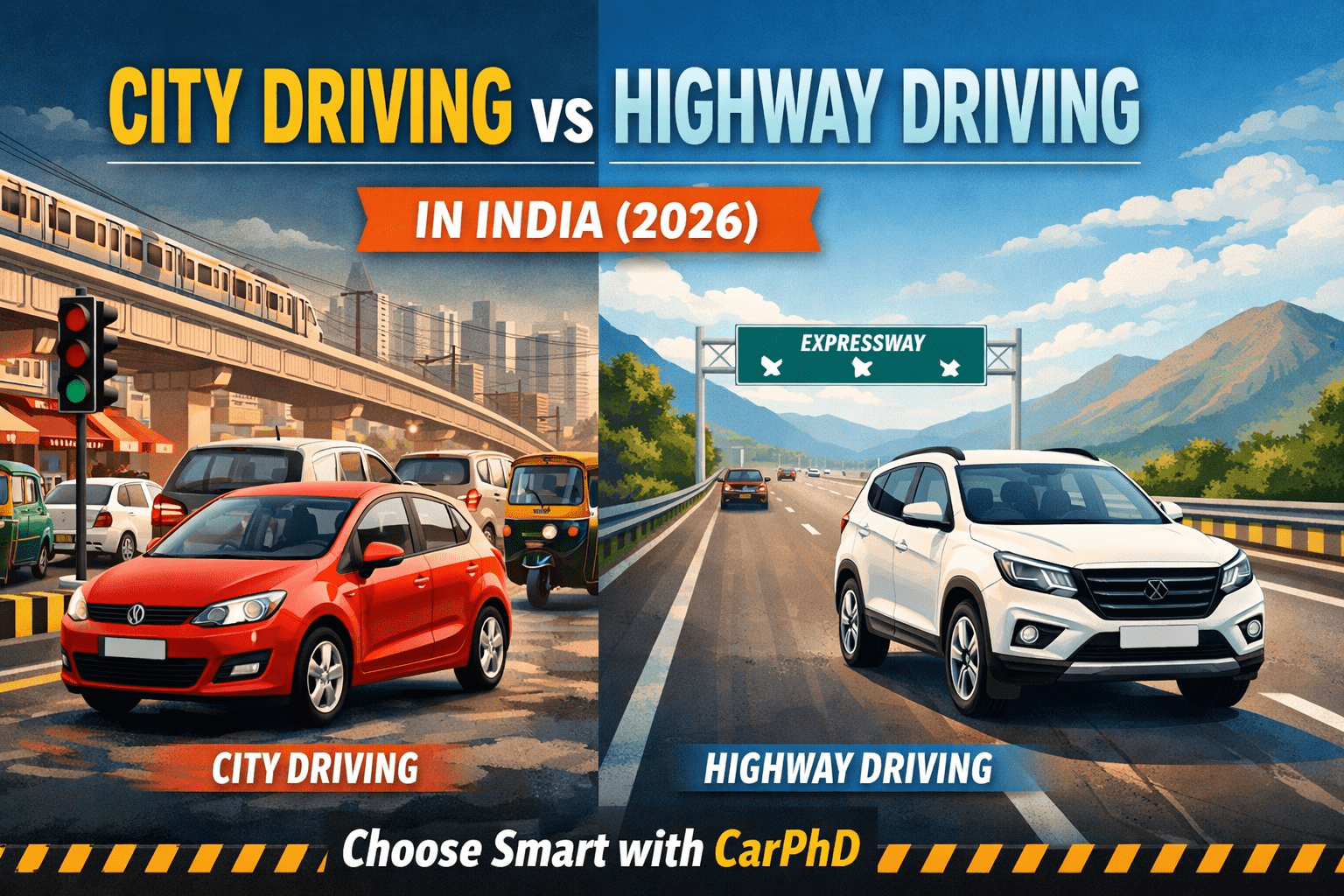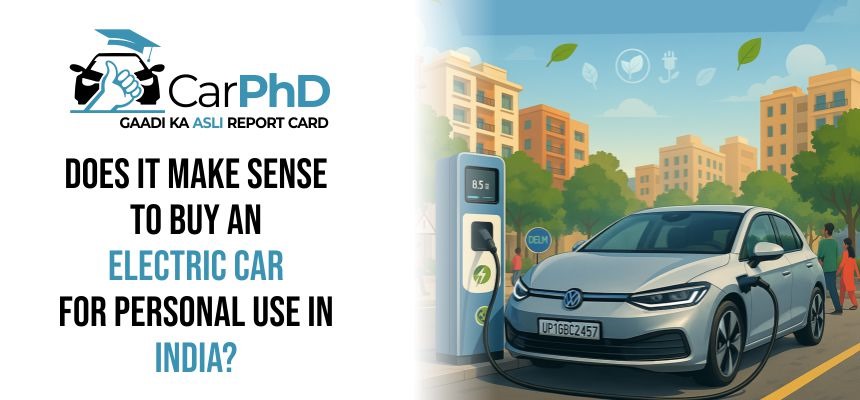
Car


India is at the cusp of a transportation revolution. As electric vehicles (EVs) gain traction globally, Indian consumers are also increasingly curious about whether it makes sense to switch from traditional internal combustion engine (ICE) vehicles to electric cars. The question remains: does it make financial, environmental, and practical sense to buy an electric car for personal use in India today?
1. Rising Fuel Costs vs. Low Running Costs of EVs
One of the most compelling reasons to consider an electric car is the potential savings on fuel. Petrol and diesel prices in India have been consistently high, making the running cost of ICE vehicles significantly greater. In contrast, EVs offer lower cost-per-kilometre. Charging an EV at home or at a public charging station is considerably cheaper than filling a tank with petrol or diesel.
Get the best deals on cars. Click here!
Estimated running cost per km:
• Petrol car: ₹6–10
• Electric car: ₹1–2
Over time, these savings can add up, especially for daily commuters.
2. Government Incentives and Policies
The Indian government has introduced various subsidies under the FAME (Faster Adoption and Manufacturing of Hybrid and Electric Vehicles) scheme. These incentives, along with state-level subsidies and benefits such as road tax exemptions and registration fee waivers, make electric cars more financially attractive. Some states, like Delhi and Maharashtra, offer additional benefits to EV buyers.
3. Growing Charging Infrastructure
While the EV charging infrastructure in India is still developing, progress is visible. Cities like Delhi, Bangalore, Mumbai, and Hyderabad have seen a rise in public charging stations. Moreover, many new residential complexes and workplaces are installing charging points. For urban users with predictable daily commutes and home charging access, EVs are increasingly viable.
Check out the Best Deals from Authorised Workshops
4. Environmental Benefits
India’s major cities face serious air pollution challenges. EVs, which emit no tailpipe emissions, contribute significantly to cleaner air. For environmentally conscious buyers, owning an electric car is a direct way to reduce their carbon footprint and support a greener future.
5. Variety and Advancements in EV Models
Earlier, the lack of EV options made buyers hesitant. However, the market is now seeing a variety of electric cars across price segments — from budget-friendly models like the Tata Tiago EV to premium options like the Hyundai Ioniq 5 and MG ZS EV. These vehicles come with better range, performance, and features than their predecessors.
Find the Best Deals from Trusted Showrooms
6. Concerns and Limitations
Despite the advantages, there are valid concerns:
• Range anxiety: Even with improving battery technology, some users may worry about the limited driving range, especially in remote or less-developed areas.
• Charging time: Unlike refuelling an ICE vehicle, charging an EV can take anywhere from 30 minutes (fast charging) to several hours.
• Initial cost: EVs generally have a higher upfront cost compared to ICE vehicles in the same segment, although this is offset by lower running and maintenance costs over time.
Conclusion: Should You Buy One?
Buying an electric car in India can make a lot of sense — especially if:
• You live in a metro or tier-1 city.
• You have access to home charging.
• Your daily commute is under 150 km.
• You want to reduce your fuel costs and carbon footprint.
However, if you frequently drive long distances in areas with limited charging infrastructure or are heavily dependent on rapid refuelling, it might be practical to wait a little longer until the EV ecosystem matures further.
Experience the CarPhD Best Price Guarantee!
Ultimately, with improving technology, supportive policies, and rising environmental consciousness, electric cars are no longer just a trend — they are shaping the future of personal mobility in India.